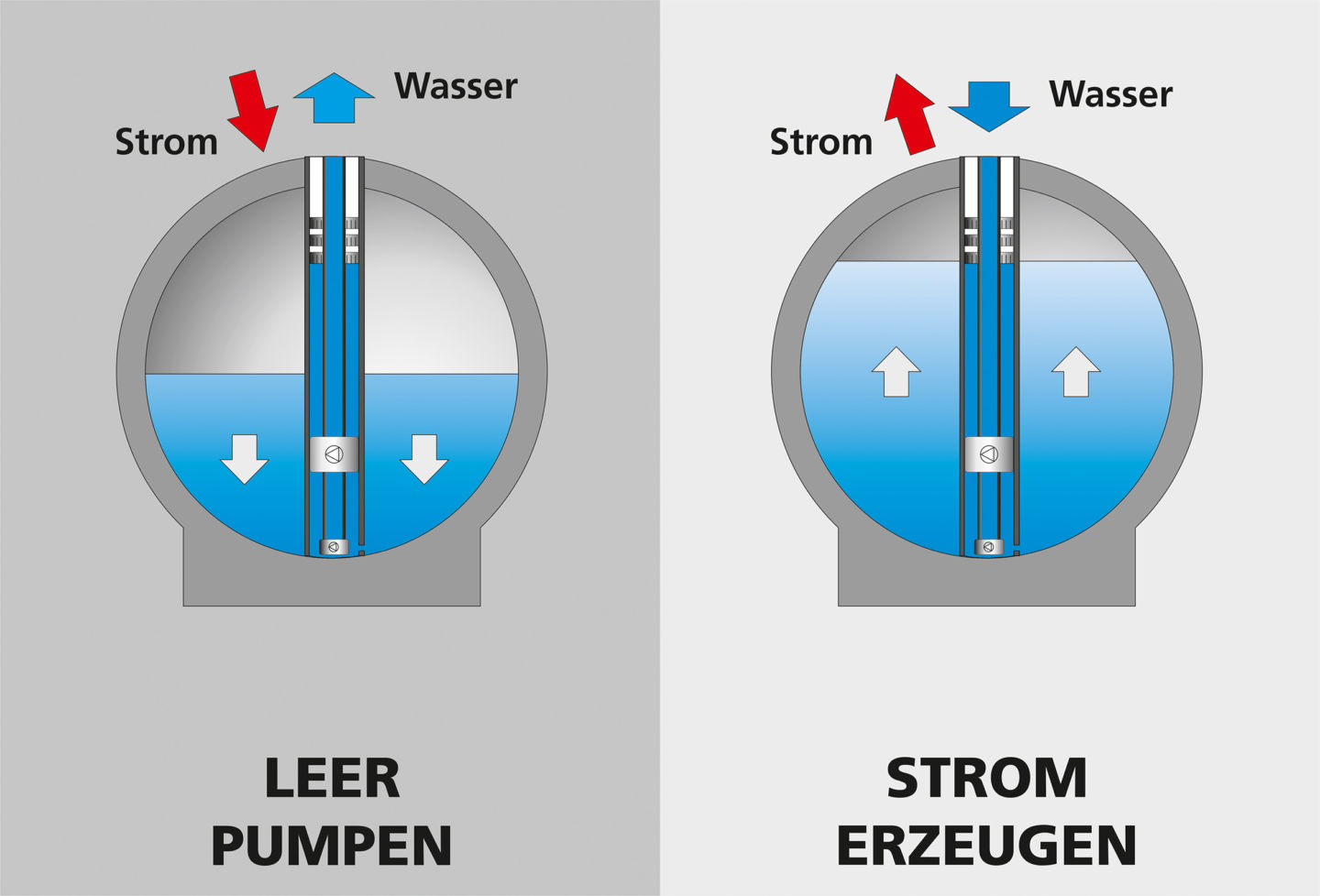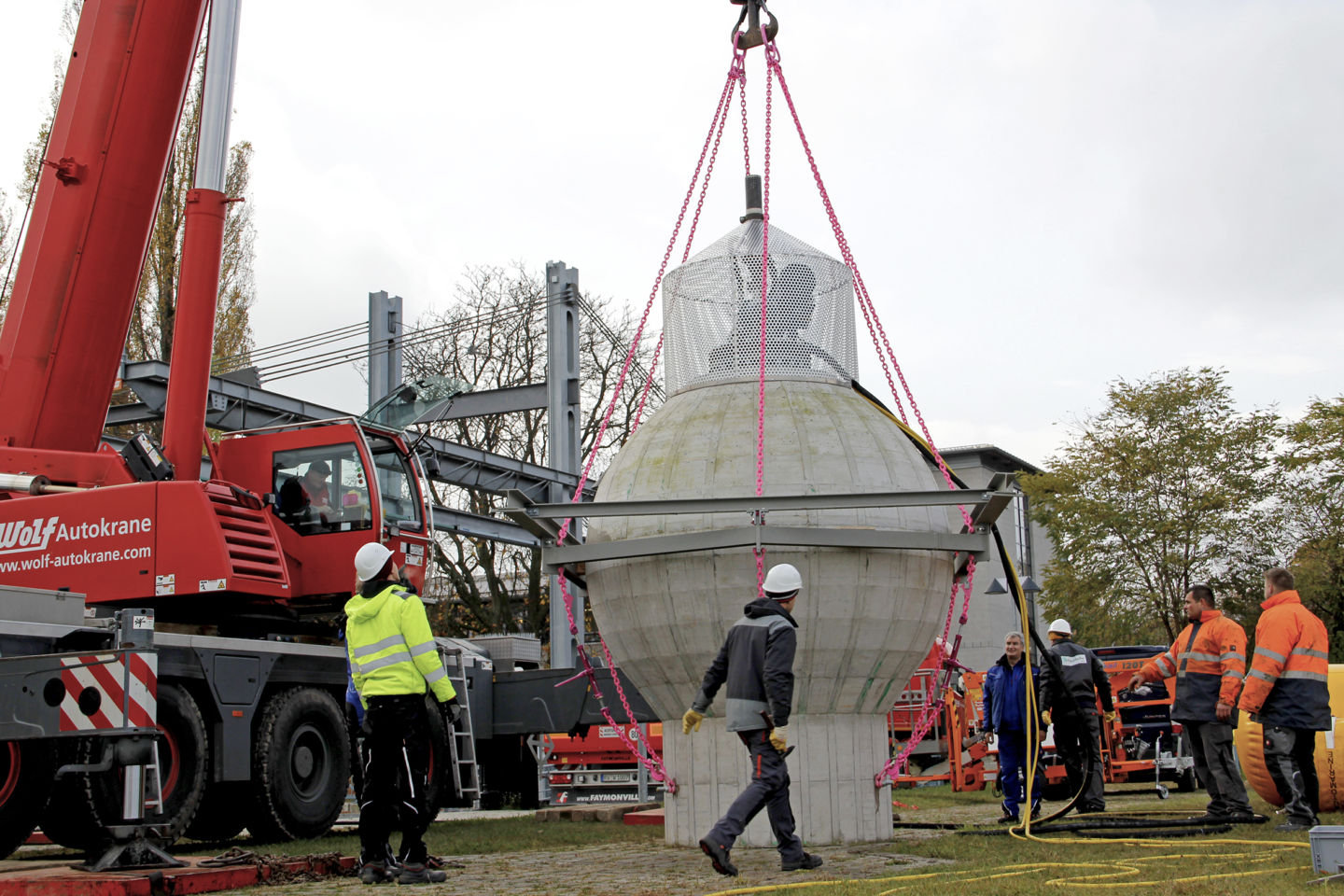![]() You don't need to be an 'investor' to invest in Singletrack: 6 days left: 95% of target - Find out more
You don't need to be an 'investor' to invest in Singletrack: 6 days left: 95% of target - Find out more
bindun?
[url= https://www.theguardian.com/environment/2017/sep/11/huge-boost-renewable-power-offshore-windfarm-costs-fall-record-low ]chirpy chirpy cheap cheap[/url]
2/3 the cost of nuclear. happy days!
Half the cost of hinkley. and getting cheaper.
Not read the detail, (I'm at work just now*) but does that price include the cost of backup options for calm days? Storage, fossil stations or interconnectors really need to be added to that price.
*at a large gas fired power station. Though I'll be happy if I can transition into renewables in future and this big dirty old beast is no longer needed.
Yes, Yes and Yes, the burning stuff fanbois are in pieces. haha.
Yep part of the mix - that is the key part mix, with storage, backup and all the other stuff. Nuclear as baseload makes a lot of sense and has done exceptionally well across France and germany over the last few decades.
The main point is more, modern and replace the old fast.
Burning actual money would be cheaper than paying the Hinkley bill.
I was in North Norfolk last week & was astounded at how many offshore turbines there are out there, must be well over 150 in one area alone!
About 11 miles out in The Wash so theyr'e not exactly obtrusive either.
Not read the detail
Clearly not, but nobody does here so don't worry!
The RSPB are I think still pursuing stopping several offshore developments in the supreme court though.
http://renews.biz/108183/rspb-defends-scots-offshore-case/
http://renews.biz/108423/uk-awards-32gw-offshore/
The flip side unfortunately is the probably demise of UK tidal power thanks to stupid government https://www.ft.com/content/24321f5a-9561-11e7-a652-cde3f882dd7b
Lack of wind is nowhere near as big an issue offshore as it is onshore, combine it with solar / wave and invest in storage technologies. In fact we already have aspects of storage with the hydro plants in Snowdonia and Scotland, got to be more opportunity for plants lack those in the peaks, Dartmoor, Pennines, Northumbria not to mention all the pointy bits of Wales and Scotland. Lots of small scale abandoned reservoirs in the Pennines high up.
I bet the nuclear subsidies don't take into account the eye watering decommissioning costs either.
how does wind/solar/hydro cope with a controlled grid start up following a blackout event ?
One of the factors that is reducing the cost of offshore wind is the low oil price.
The market is saturated with offshore construction vessels that are available for a fraction of what they were 10 years ago. A lot of the O&G operators have moved into offshore wind, just to try and keep going until/if/when the oil price recovers.
I also heard the technology has moved on so much already, it might make more economic sense, to decommission the early wind farms, built only about 15 years ago and replace with far more efficient turbine designs.
not only the vessels but the personel are cheap enough currently.
If you look at the data for last month it looks like in the UK the baseload is provided by nuclear and then the rest is provided by wind and CCGTs, with the CCGTs used for demand matching and also picking up when wind falls. This seems pretty sensible to me.
I agree with mikewsmith that nuclear needs to be part of the mix. That is unless you want to rely on a greater use of fossil fuels.
gobuchul & trail_rat, these are great points that seem to have been missed by most. It is less about wind energy getting more efficient to install and more about the availability of excess resources from other industries (O&G) that have lowered overall costs.
[quote=stumpyjon ]Lack of wind is nowhere near as big an issue offshore as it is onshore
It still is an issue, so long as there are going to be times of no/low wind (or even times of high wind!)
In fact we already have aspects of storage with the hydro plants in Snowdonia and Scotland, got to be more opportunity for plants lack those in the peaks, Dartmoor, Pennines, Northumbria not to mention all the pointy bits of Wales and Scotland. Lots of small scale abandoned reservoirs in the Pennines high up.
All of that is still nowhere near enough. The current hydro storage is designed for smoothing daily fluctuations and would only provide a fraction of that required to cope with times of no wind if relying on it for base load. There aren't actually huge amounts of other places to build additional storage capacity, not with the required hydraulic head for it to be useful (Dartmoor? 😆 )
Northumbria has a hydroelectric plant we don't need anymore. We also have lots of wind farms but more off shore would be great.
All of the UKs pump storage hydro is about 4 hours of usage IIRC. You need something to cope with a winter high pressure event. this is why we need tidal
[quote=tjagain ]this is why we need tidal
Indeed - and when that starts coming in cheaper than nuclear we might have solved the issue (provided there is sufficient capacity).
.... also bear in mind that as time goes by there will be an increasing amount of own storage systems which will reduce the base load on the grid somewhat.
Northumbria has a hydroelectric plant we don't need anymore
What one is that Drac?
Off-shore wind energy now costs us 'only' double what a modern, low CO2 emitting gas fired power station can sell us power for.
Make no mistake, the renewables energy supply market is a serious earner for the investors who go into it (admittedly probably backed by yours and mine pension funds, so maybe not all bad)
The average household currently contributes around £80 per year towards green energy subsidies, this is expected to rise to around £190 by 2020. This is via inflated energy bills
gas is going to run out, but obviously has it's place for the foreseeable.
nuclear costs aren't predicted to change significantly, and whether they are truely properly costed is moot.
offshore wind cost has dropped by 1/3 in five years, going from comparable cost to nuclear to almost half. if it does the same again even in 10 years, i'd say we're getting better.
[quote=Del ]offshore wind cost has dropped by 1/3 in five years, going from comparable cost to nuclear to almost half. if it does the same again even in 10 years, i'd say we're getting better.
As pointed out above though, a lot of the price drop is due to spare capacity from the O+G industry - I can't see any reason why the prices are likely to drop any further.
This is a good thing. It must have some serious enemies in the fossil fuel industries.
Are they fighting it or diversifying into it?
I have a friend who does something ( I've no idea what but it's a big deal) in the oil industry and he managed to find work for one week last year.
He still earnt more than his teaching assistant wife did in a whole year.
He blames fracking in the US for him being out of work.
For me "taking back control" means producing as much energy ourselves as possible.
I really can't see how the US are letting us be beholden to the Chinese for our energy. Surely it's a case of be nice to Beijing or the secret spyware accidentally turns off the power.
It'll continue to drop. Bigger turbines will help. Some projects being planned at the moment have 15MW devices pencilled in. Biggest currently available is 9.5MW.
Better consenting also helping - much less time being wasted for some projects (e.g. Hornsea and East Anglia) than was the case in the beginning.
Further down the line they'll be floating devices and other innovations. Floating turbines are in their infancy at the moment, but they'll eventually drive down installation cost, and possibly increase yields if you could move them about easily. I've also seen concepts of wind turbines with wave devices, tidal devices and even solar panels attached. Early days again, but interesting.
Whilst it is true that the O&G situation is helping to drive cost down, a large number of the vessels used at offshore wind farms are not the same vessels that O&G use. Turbine installation jack-ups being the obvious (and most expensive) one, but there's a lot of OWF-specific boats out there. Perhaps there's an excess of OWF workboats for example because of the number that have been built for the Round 3 sites, which haven't entered full construction mode yet for the most part. So costs may rise a bit as that all kicks off.
Interesting times for sure.
I have a friend who does something ( I've no idea what but it's a big deal) in the oil industry and he managed to find work for one week last year.
He still earnt more than his teaching assistant wife did in a whole year.
He blames fracking in the US for him being out of work.
Pretty much my situation, although I was staff not contractor so got nowhere near that money and have bailed to work in TV! 🙁
As pointed out above though, a lot of the price drop is due to spare capacity from the O+G industry - I can't see any reason why the prices are likely to drop any further.
I don't think this is based on any more than speculation rather than fact. Next cycle of cfd in Germany are significantly cheaper, the technology and industry is becoming established so prices are always going to fall.
Indeed - and when that starts coming in cheaper than nuclear we might have solved the issue (provided there is sufficient capacity).
Unfortunately the government want it to compete against offshore wind in cfd price, which is a disaster. France look to have their heads on straight anyway.
from wiki..
Estimated UK LCE for projects starting in 2015, £/MWh
Nuclear PWR (Pressurised Water Reactor)(a) 93
Solar Large-scale PV (Photovoltaic) 80
Wind Onshore 62
Offshore 102
Biomass 87
Natural Gas Combined Cycle Gas Turbine 66
CCGT with CCS (Carbon capture and storage) 110
Open-Cycle Gas Turbine 162
Coal Advanced Supercritical Coal with Oxy-comb. CCS 134
IGCC (Integrated Gasification Combined Cycle) with CCS 148
(a) new nuclear power: guaranteed strike price of £92.50/MWh for Hinkley Point C in 2023[49][50])
And then there's this stunning wonderful amazing opportunity to undercut nuclear with a massive capacity of constant, clean sustainable long lived power generation.
[url= https://www.newcivilengineer.com/business-culture/cardiff-tidal-lagoon-secures-grid-connection/10023326.article ]Cardiff bay tidal barrage [/url]
Here's a crazy idea could the bases of off shore wind farms be used to store tidal energy?
^^^ they can be used to store energy:
[url= https://arstechnica.com/science/2017/03/german-institute-successfully-tests-underwater-energy-storage-sphere/ ]Storing energy in concrete underwater balls[/url]
concrete salty balls
someone abouve asked what the price for offshore wind ws including cost of back ups - I have seen a price of £70 quoted

